Welcome to Reading Revisited, a place for friends to enjoy some good old-fashioned book chat while revisiting the truth, beauty, and goodness we’ve found in our favorite books.
Book lists are great, but community is even better. We’d love to have you join one of our in person or virtual Book Clubs! Here’s what one of our Virtual Book Club members has to say about being a part of Reading Revisited…
I had enjoyed an in-person book club for a season that ended with the pandemic. We moved to a new town and I had no success in finding a local group to read and discuss the books I love. The virtual online bookclub has provided the chance again to be part of a community that has enriched and refreshed my reading. I’m so thankful for Reading Revisited!
-
Now, on to my favorite poem and December’s work of short fiction! While G. K. Chesterton has graced our booklist before with Manalive in November of ‘22 and The Innocence of Father Brown in April of ‘24, there are still so many of dear Gilbert’s wonderful works to discover together. I’m excited to announce that this December, after preparing our hearts and minds with Oliver’s A Poetry Handbook, we will venture into the poetic depths of G. K. Chesterton’s great English epic, The Ballad of the White Horse.
When 14-year-old me read the Ballad of the White Horse for the first time, I was completely spellbound by the sheer beauty of the language and form of the poem. I had little to no understanding of the philosophical and theological depth hidden therein, yet something about it still resonated deeply within my angsty teenage soul. I had not yet read Orthodoxy and appreciated Chesterton’s thoughts on the interconnectedness of revolution, humility, and hope. I had not yet encountered more than surface level materialism or nihilism in any of my personal acquaintances. I had not yet wrestled with despair or felt true hope. Returning to this work as an adult still awakens the same thrill at encountering beauty as it did when I was young, but with the added joy of grasping the truth and goodness that Chesterton gifts to his readers in this work; namely, an irrefutable defense of Christian hope in a despairing world.
One of my greatest literary failings is that I struggle to enjoy poetry. As much as I appreciate it on an objective level, subjectively, I will very rarely pick up poetry for personal pleasure. G.K. Chesterton’s The Ballad of the White Horse is one of the few exceptions to that rule. I’ve been reading Chesterton since I discovered him in high school, and bought The Ballad of the White Horse a few years ago when my husband gifted me a “Chesterton shopping spree.” Knowing and loving Chesterton’s work in general led me to trust that, its poetic form notwithstanding, I’d find something to enjoy in The Ballad of the White Horse. Reader, I didn’t just enjoy this poem. I fell utterly in love with it.
To begin with, Chesterton’s use of the ballad stanza (with a set ABCB rhyme scheme and iambic meter) as a base leads to a wonderfully lyrical and propulsive reading experience. When I first read the poem, I wanted to chant favorite portions aloud. I still do on every reread. Furthermore, reading an English epic poem caused me to reflect on my reading of its forebear, the Greek epic poem. For the first time, I really mourned the fact that I could only read The Iliad and The Odyssey in translation, missing the meter, or beat, provided by the original Greek.
Form aside, the content of the poem is fascinating, being a fictionalized retelling of King Alfred the Great’s defeat of the Danes at the Battle of Ethandun. If you, like me, are an anglophile, there is something utterly delightful about the way Chesterton incarnates England’s cultural heritage in Alfred’s war chieftains: Eldred the Saxon, Mark the Roman, and Colan the Celt. Each of these chieftains also represents a different ‘flavor’ of Christianity. Colan the mystical/contemplative, Mark the intellectual, and Eldred the practical/active. They, in turn, are contrasted with different ‘flavors’ of paganism/unbelief as represented by the Danish chieftains Harold (the sensuous materialist), Elf (the superstitious ‘Gnostic’), and Ogier (the despairing hater). Thus, the poem is as much about the interior battle between good and evil as it is about the exterior battle between these forces.
Additionally, in a world where both toxic masculinity and gender confusion have left men groping for healthy masculine role models, The Ballad of the White Horse is chock full of them. Alfred, for example, is a warrior king who is also a skillful musician, and a great leader who is humbly devoted to the Blessed Virgin Mary. Prior to the commencement of battle, Alfred confesses his youthful struggles with lust to his whole army, begging for their prayers. Throughout the poem, it is clear that Alfred and his chieftains are men who both feel deeply, and know how to control and channel their emotions to proper ends.
Finally, it is a poem that embodies the truly heroic virtue of hope, hope that flies in the face of all evidence to the contrary, hope that causes Alfred to say to the mocking Danes:
“That though we scatter and though we fly,. And you hang over us like the sky, You are more tired of victory, Than we are tired of shame. That though you hunt the Christian man Like a hare on the hill-side, The hare has still more heart to run Than you have heart to ride. That though all lances split on you, All swords be heaved in vain, We have more lust again to lose Than you to win again."
Last, but very far from least, the great Chesterton scholar Mr. Dale Ahlquist generously gave us permission to “reprint” his excellent lecture on the Ballad of the White Horse below. This lecture is the 21st in the Chesterton University series, which is a phenomenal resource for all lovers of Chesterton and his work! Make sure to check out everything that the The Society of G. K. Chesterton has to offer on their website - it is a literary treasure trove!
The Last Great Epic Poem in the English Language, by Dale Ahlquist
Chesterton may have considered The Ballad of the White Horse his greatest literary accomplishment. I have two reasons for saying that. First of all, it is a masterpiece. But it was the only one of his works that he felt worthy enough to dedicate to his wife. The Ballad of the White Horse is one of the last great epic poems in the English language. It deserves a high place in literature. It is should be studied in depth and discussed at length and appreciated far and wide. But as is the case with most of Chesterton’s writings, too few of us have figured this out. The Ballad is the story of the English King Alfred, who fought the Danes in the year 878. But it is also the story of Christianity battling against the destructive forces of nihilism and heathenism, which is the battle we are still fighting.
At the beginning of the poem, the Blessed Virgin appears to King Alfred, and he asks her if he is going to win the upcoming battle. Her reply is not what he expects:
The gates of heaven are lightly locked,
We do not guard our gold,
Men may uproot where worlds begin,
Or read the name of the nameless sin;
But if he fail or if he win
To no good man is told. The men of the East may spell the stars,
And times and triumphs mark,
But the men signed of the cross of Christ
Go gaily in the dark. . .The wise men know what wicked things
Are written on the sky,
They trim sad lamps, they touch sad strings,
Hearing the heavy purple wings,
Where the forgotten seraph kings
Still plot how God shall die. . .But you and all the kind of Christ
Are ignorant and brave,
And you have wars you hardly win
And souls you hardly save.I tell you naught for your comfort,
Yea, naught for your desire,
Save that the sky grows darker yet
And the sea rises higher.Night shall be thrice night over you,
And heaven an iron cope.
Do you have joy without a cause,
Yea, faith without a hope?The Church teaches that the two sins against hope are presumption and despair. We must not be either triumphalist or defeatist. We must not be either smug or suicidal. We do not know the outcome of the battle. We are not guaranteed victory – even if we fight for what is right. The message of this poem is that it is up to us to choose the right side, even if there is a risk that it is not the winning side. It is enough to know what we are fighting for. That is the meaning of faith and hope. That is the meaning of going “gaily in the dark.” King Alfred gets no encouraging words from Mary. And yet, strangely enough, he is encouraged. He gets naught for his comfort and naught for his desire, yet he is comforted, and emboldened in his desire to fight the foe.
King Alfred goes off to recruit an army and fight the Danes. He also goes undercover into the Danish camp, dressed as a wandering minstrel. He sits by the enemy fire with his harp and hears from their own lips their empty and dangerous philosophy, a truth that “is cold to tell,” that “the soul is like a lost bird,” and “the body a broken shell.” When he returns to his own camp, still in disguise, he is stopped by an old woman who is roasting cakes over a fire. She tells him to watch the cakes while she goes about some other task. Alfred sits philosophizing about the menial role of this woman, and naturally, lets the cakes burn. The woman comes and strikes him across the face, leaving a scarlet scar. She does not know she has just slapped the King, but Alfred stands up and laughs, and realizes that he who “is struck for an ill servant/Should be a kind lord.”
Having learned this crucial lesson about humility, Alfred is ready for battle. He vows to return the blow he has received, not, of course, at the old woman, but at the enemy. He and his army charge into combat to fight a fight that does not seem winnable. And yet they win. But after his great victory, Alfred, who calls himself “a common king,” prophesies that the heathen shall return.
They shall not come with warships,
They shall not waste with brands,
But books be all their eating,
And ink be on their hands. . .By terror and the cruel tales
Of curse in bone and kin,
By weird and weakness winning,
Accursed from the beginning,
By detail of the sinning,
And denial of the sin.Sin is a weed. It starts out small and subtle. But left unattended it becomes an infestation, and covers everything. Which brings us to the image of the White Horse. High on a Berkshire hill overlooking the valley where Alfred fought the Danes, is an ancient image of a White Horse. The silhouette was formed long ago when the turf covering the underlying chalk was removed, setting off the distinct white figure against the green hillside. But people must continually clear away the creeping grass and weeds, or else the image would disappear.
Alfred’s first act after defeating the Danes at Ethandune is to gather his people together and scour the White Horse again, which the barbarians had left to be overgrown by weeds. It is because of this “act of will and intelligence” against the natural elements, an act repeated by people across the centuries, that we still see the silhouette of the horse as it was seen in King Alfred’s time.
Chesterton uses this mysterious image as a symbol of the traditions that preserve mankind. Our parents have taught us certain truths, certain commandments; we in turn teach them to our children. If we do not teach them, soon comes “the detail of the sinning and the denial of the sin.” The moral tradition of the human race is never secure. It is active, hard work. We can never take it for granted. As the Russian Chesterton Scholar, Ekaterina Volonkhonskaia, says, “If we do not clear the outline of the White Horse with unwearying care, grass will very soon choke it and we will lose it forever. It is not the moral tradition that keeps us, it is we who keep (or do not keep) it.”
There is not much more my humble self can add but this: that every time I have picked up this Ballad, even just to read a few stanzas, I have come away with my hope renewed and my heart filled with joy. I can hardly wait to experience this triumph and this joy again with you in December!
Ballad of the White Horse and A Poetry Handbook Tentative Schedule
Friday, November 14th: Introduction and Schedule
Monday, November 17th: ep. ##: Introduction to Ballad of the White Horse and A Poetry Handbook
Wednesday, November 19th: A Poetry Handbook Read Along Guide
Wednesday, November 26th: Ballad of the White Horse Read Along Guide #1
Wednesday, December 3rd: Ballad Read Along Guide #2
Wednesday, December 11th: Ballad Read Along Guide #3
Thursday, December 18th: Virtual Book Club
Monday, January 5th: ep. ##:Revisiting Ballad of the White Horse and A Poetry Handbook
Come back for our yearly Shakespeare pick next….
Check out the previous Book Drop Day Posts:
Welcome to Book Drop Day
September (Book About Books)
October (American Classic)
November (Gothic Novel)
December Part 1 (Book About Poetry)
Until next time, keep revisiting the good books that enrich your life and nourish your soul.
In Case You Missed It:
On the Podcast:
ep. 57: Bookish Bio of Griffin Gooch (a Bookish PhD Student)
ep. 58: One Year Anniversary of the Reading Revisited Podcast
What We’re Reading Now/Next:
June
Trust by Hernan Diaz
July
Everything Sad is Untrue by Daniel Nayeri
August
Northanger Abbey by Jane Austen
A Few Reminders:
If you are wanting to get in on the in person or virtual community please contact us!
We have turned on paid subscriptions which will allow you to support the work we are doing here as well as receive Read Along Guide PDFs each month and voice recordings of the Read Along Guides.
If you would like to make a small contribution to the work we’re doing here at Reading Revisited, we invite you to do so with the Buy (Us) a Coffee button below. We so appreciate your support!
*As always, some of the links are affiliate links. If you don’t have the books yet and are planning to buy them, we appreciate you using the links. The few cents earned with each purchase you make after clicking links (at no extra cost to you) goes toward the time and effort it takes to keep Reading Revisited running, and we appreciate it!








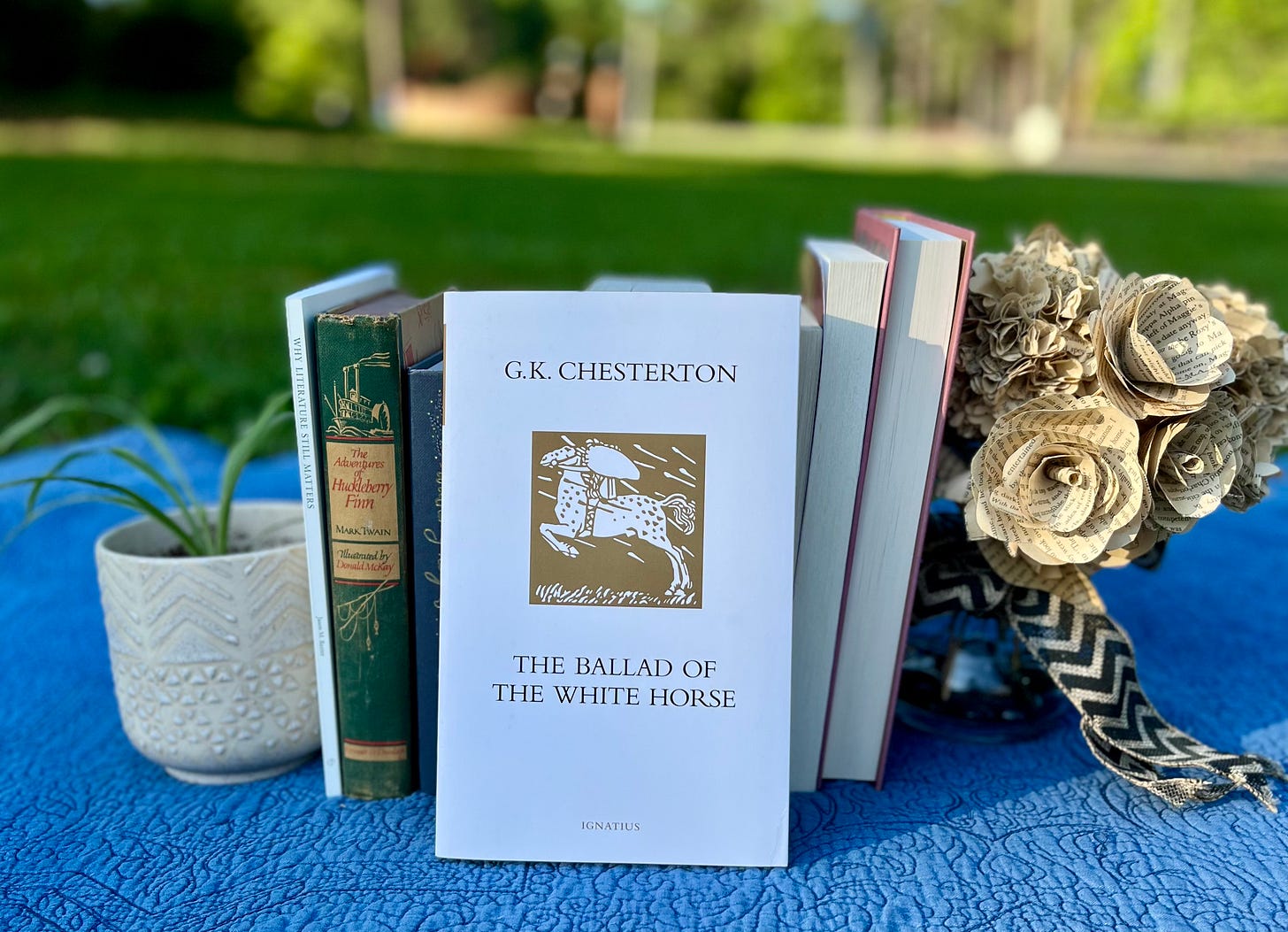
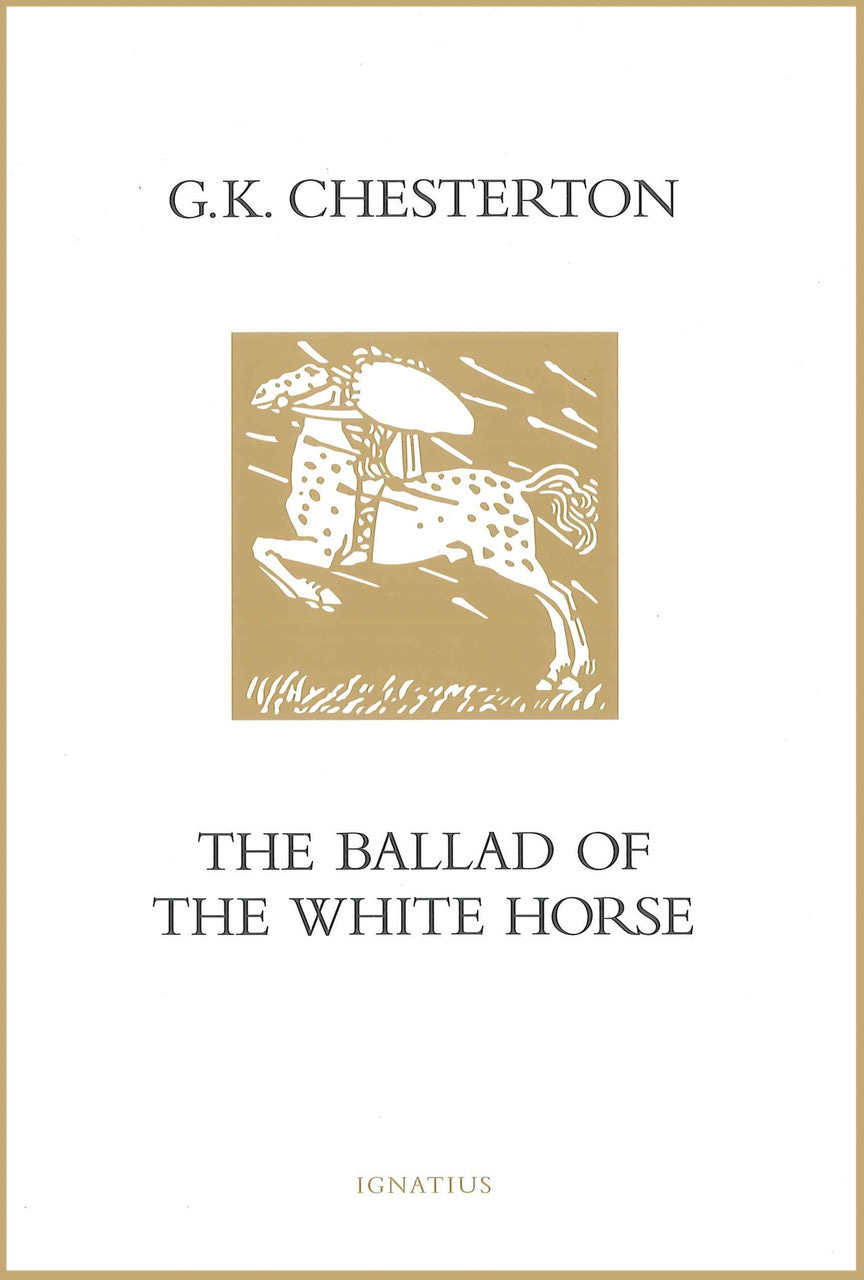
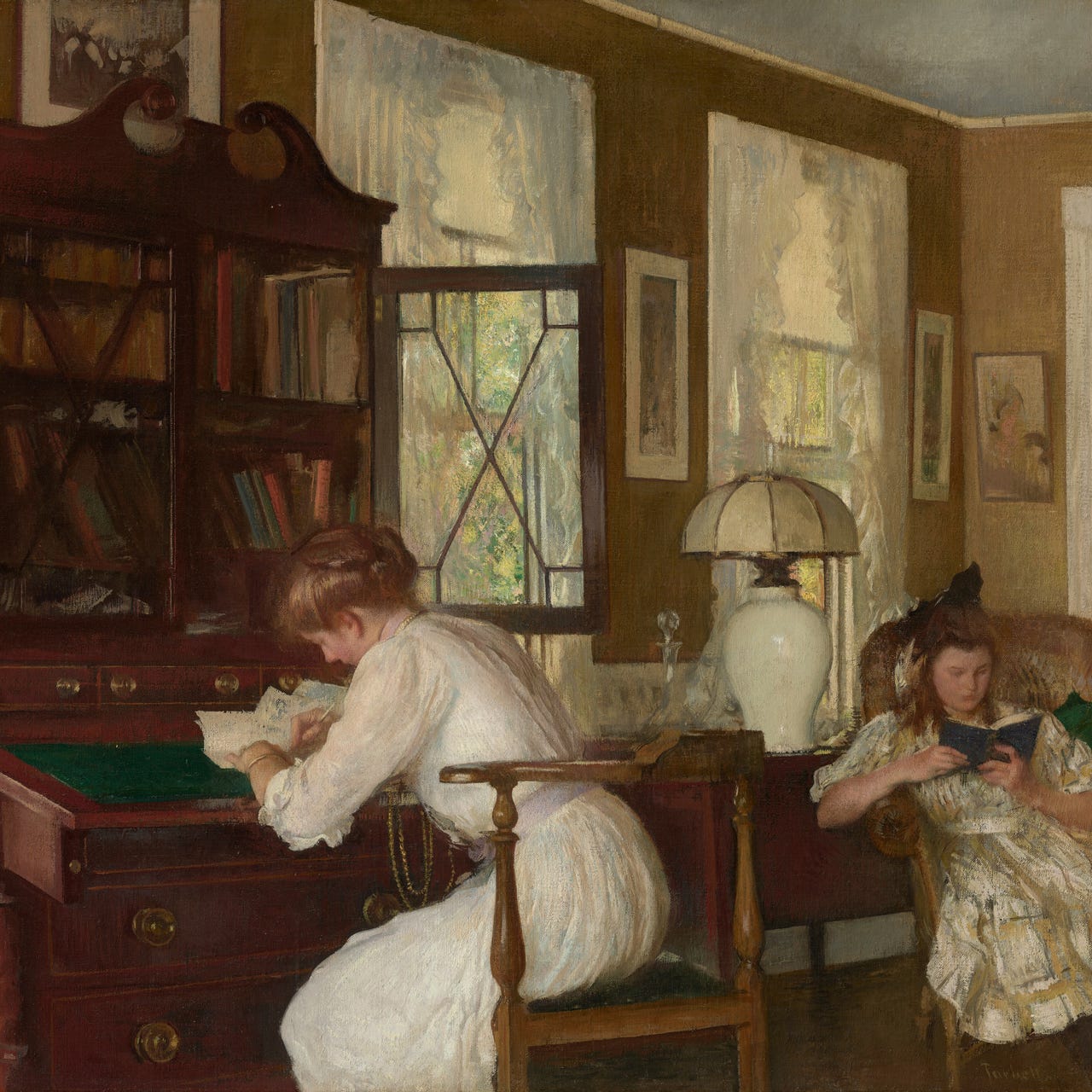
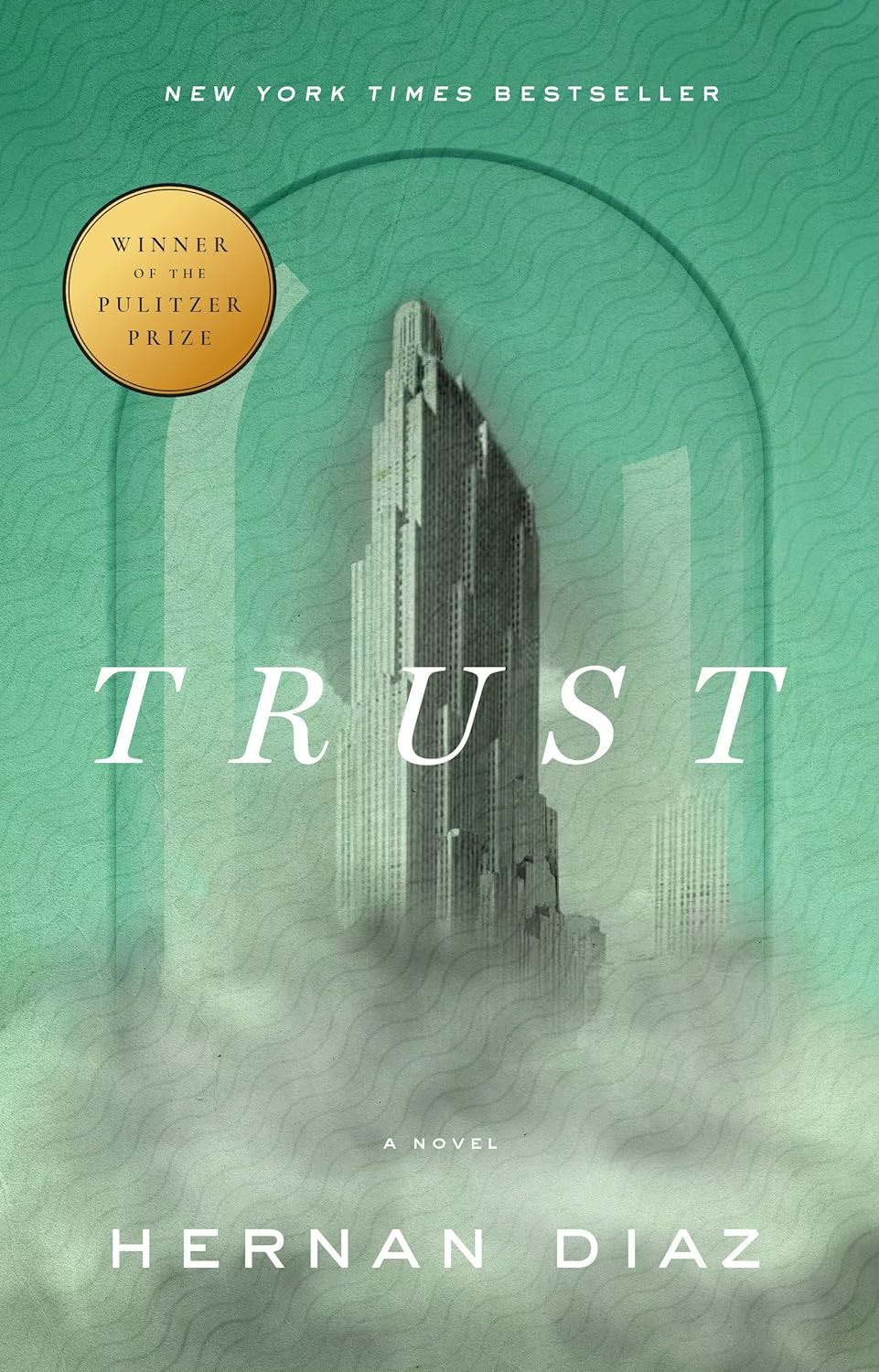
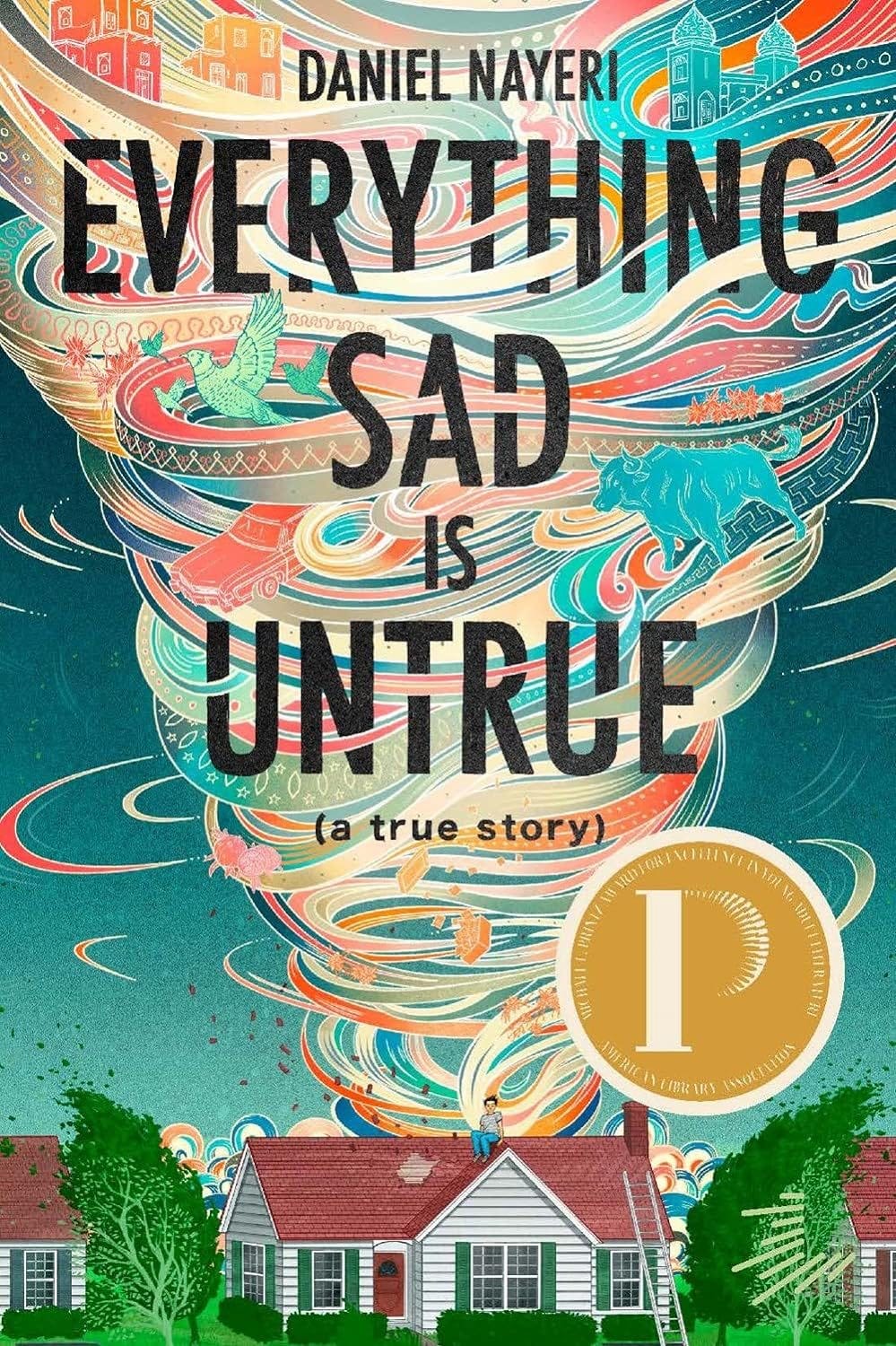
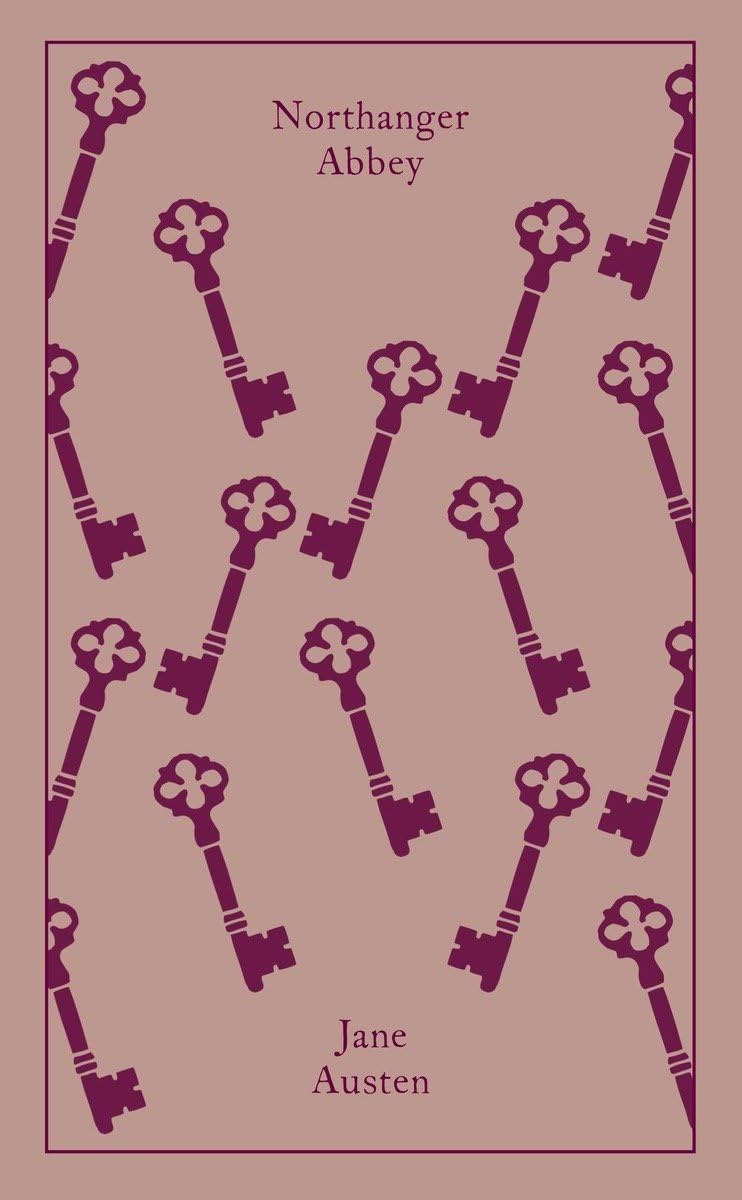
I love this poem so much. A great time of year to read it too!
Elise, I so agree! I wish I could read greek and latin poetry!!!